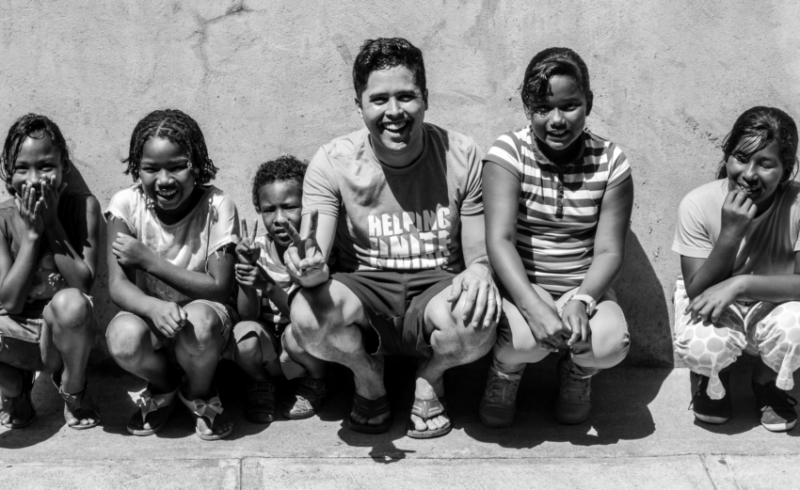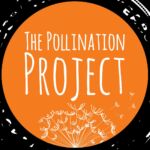What does it mean to be “essential”?
Two weeks before he was assassinated, Dr. Martin Luther King hinted at the answer as he stood at the pulpit of a church in Memphis, Tennessee. He told the overflowing crowd that:
“So often we overlook the work and the significance of those who are not in professional jobs, of those who are not in the so-called big jobs… One day our society will come to respect the sanitation worker if it is to survive, for the person who picks up our garbage, in the final analysis, is as significant as the physician, for if he doesn’t do his job, diseases are rampant. All labor has dignity.”

To be essential means to be absolutely necessary and extremely important. Before COVID-19, a list of “essential” people today might not have included grocery store cashiers, sanitation workers, or truck drivers; yet now, many are realizing the vital role they play in keeping us healthy, fed, and safe. I’ve been thinking about this idea of “essentialism,” how it is evolving, and why.
The nature of the roles I described above hasn’t changed. The only shift that has occurred is within our own awareness. Markers like income, power, race, or status often define how we perceive another’s value. This type of “othering” is the original social distancing- a way that we separate ourselves from each other and ration our compassion only for those who are most similar to ourselves. Othering keeps us from valuing the humanity and essentiality of every individual. Not only does all labor have dignity, but so does each individual person.
Othering has a surefire cure: belonging. As we recognize our interconnectedness, especially in times of crisis, our circle of concern broadens and the artificial concept of the “other” fades. John A. Powell, who studies othering and belonging, writes that “To belong is not just to be a citizen or member in the weakest sense, but to be able to participate in co-creating the thing you belong to.”
In other words, belonging isn’t passive. It requires real and meaningful engagement with each other. It asks us to take the now-overused phrase “we are all in this together” and make it real.

Thinking about how to foster belonging, I remember the “MANAteen” group in Florida. Led by Adraine Kreglo, these young volunteers are planting and delivering “bucket gardens” to seniors living alone in Bradenton and Sarasota. The bucket gardens have enough tomatoes, eggplants, peppers, and more to harvest every 3 months for a year. As these connections are made, community is fostered. As Adraine tells it, this project not only will feed seniors healthy and nutritious foods, but will keep young people from being thought of as “the noisy kids down the street.” In other words, it will reduce intergenerational othering.
Adraine and the MANAteens are the 3,849th changemakers The Pollination Project has uplifted through seed funding, support, connectivity, and belief. We believe in the power of ordinary people to spread compassion and belonging in the world around them. We believe everyone is absolutely necessary and extremely important.
Dr. King also wrote about belonging, conceptualizing a “beloved community” in which “we are caught in an inescapable network of mutuality, tied in a single garment of destiny. Whatever affects one directly, affects all indirectly.”
Thank you for being part of our “beloved community.”
Never forget that you, too, are essential.


